
google & youtube ads for dtc brands / tabs, snow, obvi, 47skin, craftd, agemate, sundays, frankbody, slate milk, muscle nation, sasha therese, icon amsterdam
20 subscribers
How to get URL link on X (Twitter) App

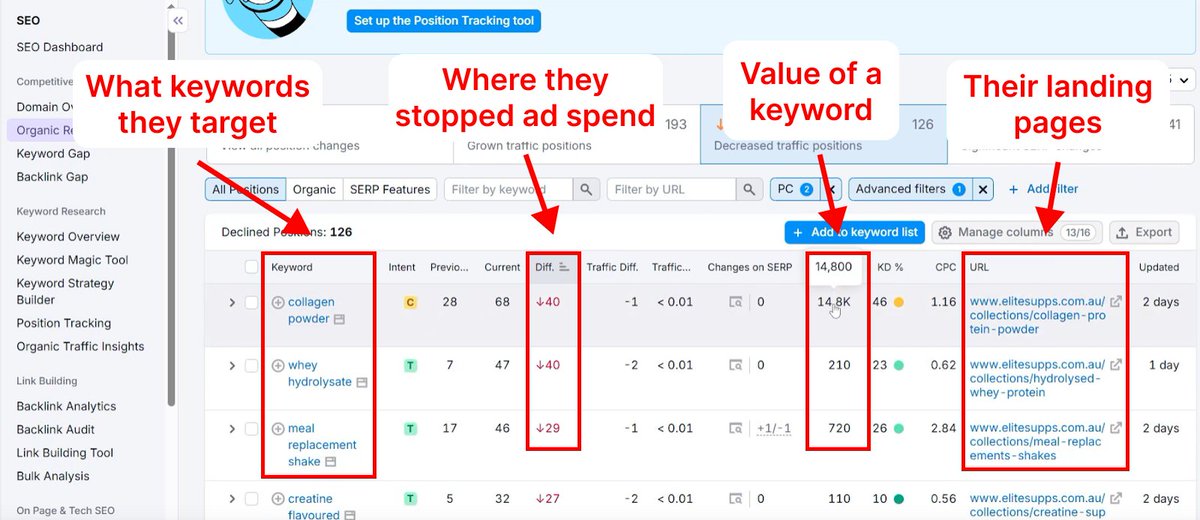
 A few things I’ll cover in this thread:
A few things I’ll cover in this thread:

 We’re able to get clicks with extremely low CPCs because we’ve uncovered a traffic opportunity that most brands ignore.
We’re able to get clicks with extremely low CPCs because we’ve uncovered a traffic opportunity that most brands ignore.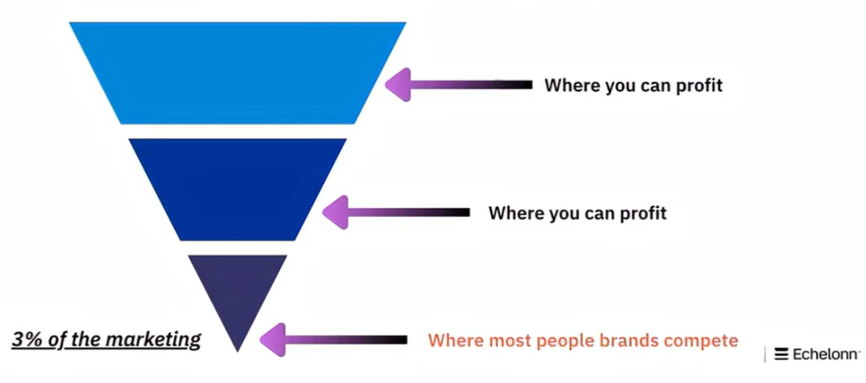
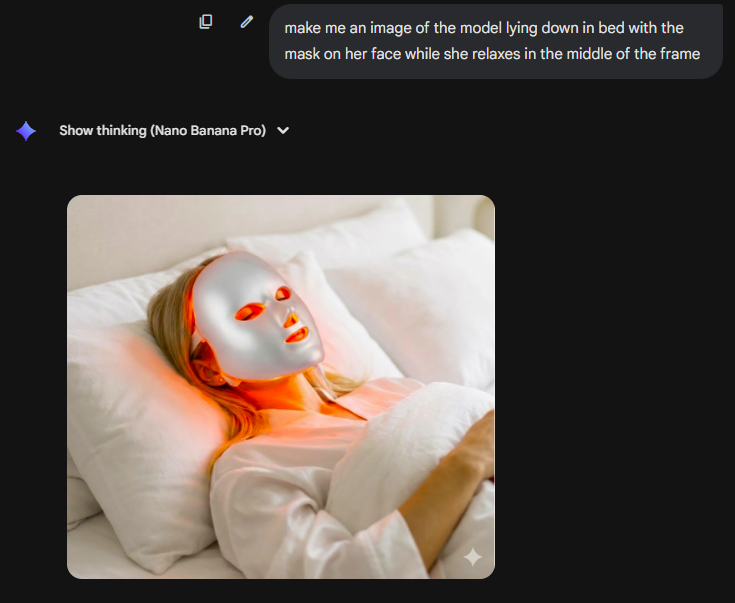
 A while ago, we did a test on 2 different product images.
A while ago, we did a test on 2 different product images.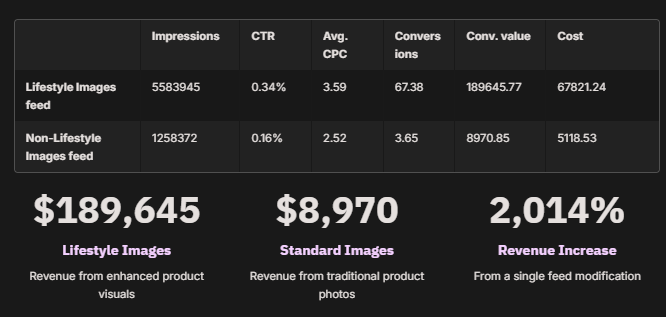
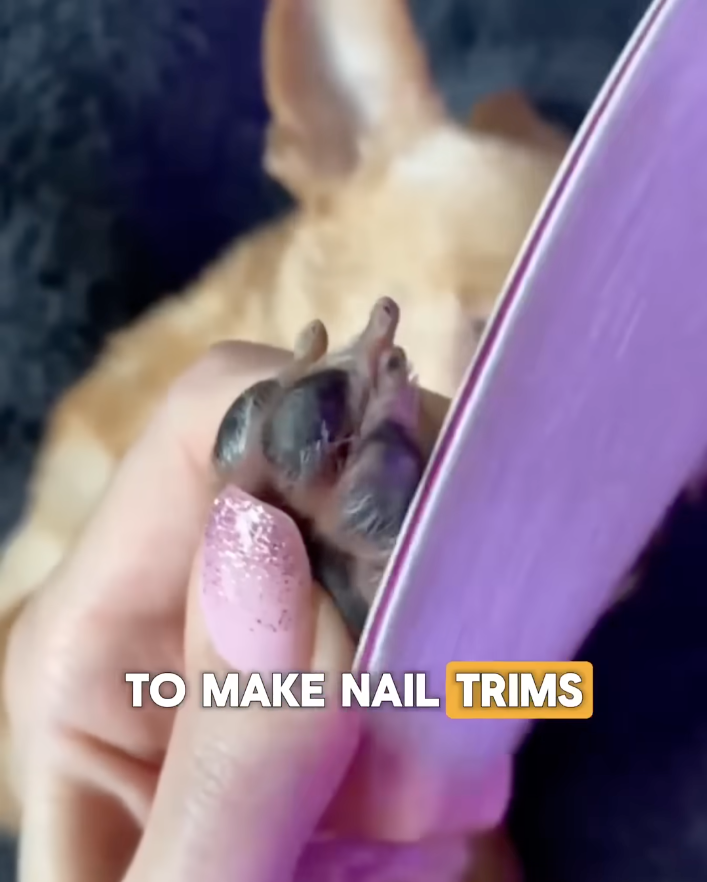

 First, let's destroy the biggest myth about YouTube Ads:
First, let's destroy the biggest myth about YouTube Ads: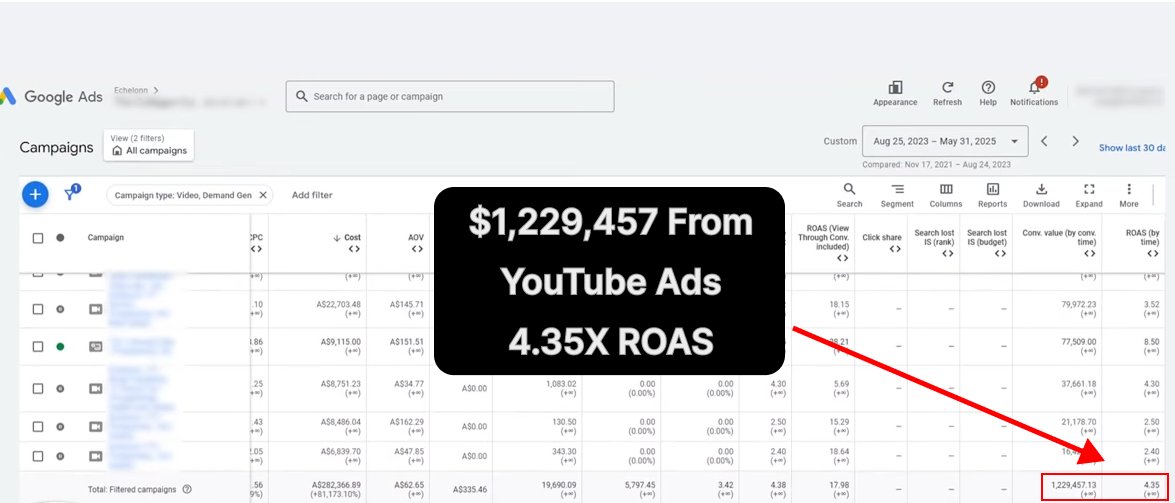
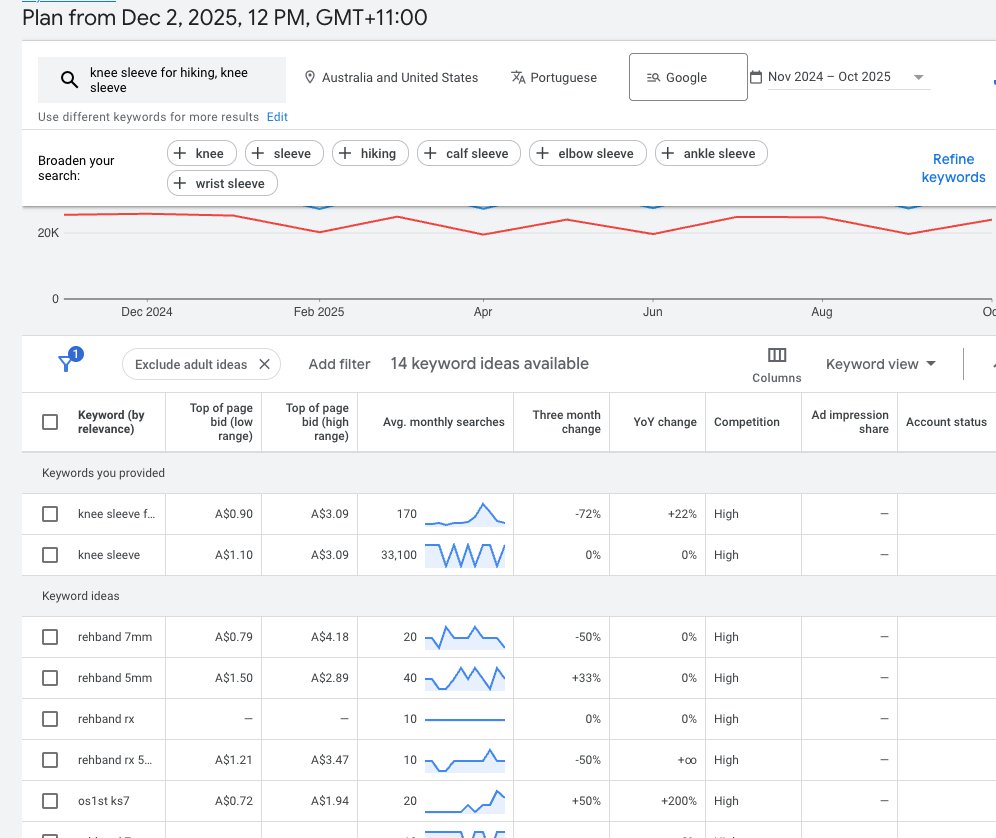
 In this thread, I’ll show you:
In this thread, I’ll show you: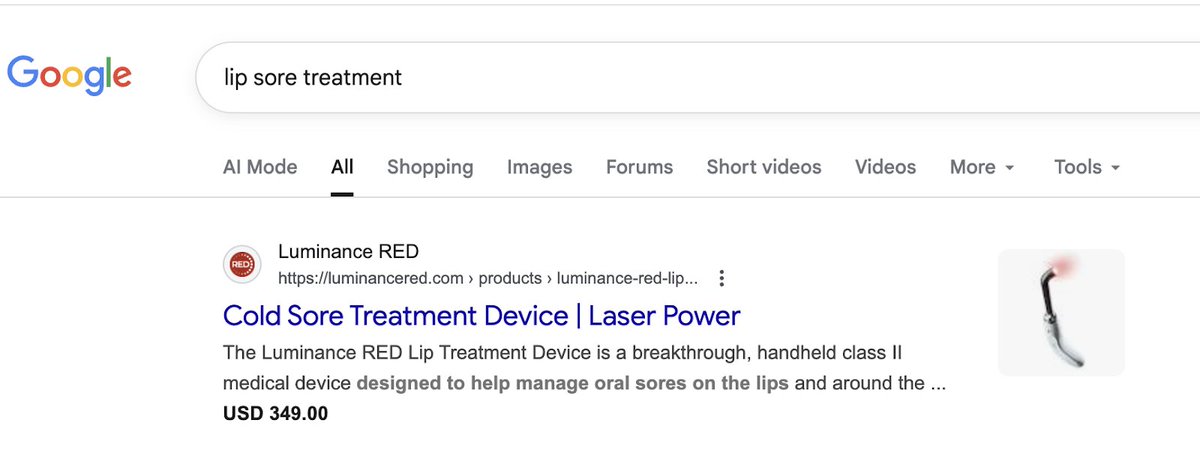
 1. keyword research
1. keyword research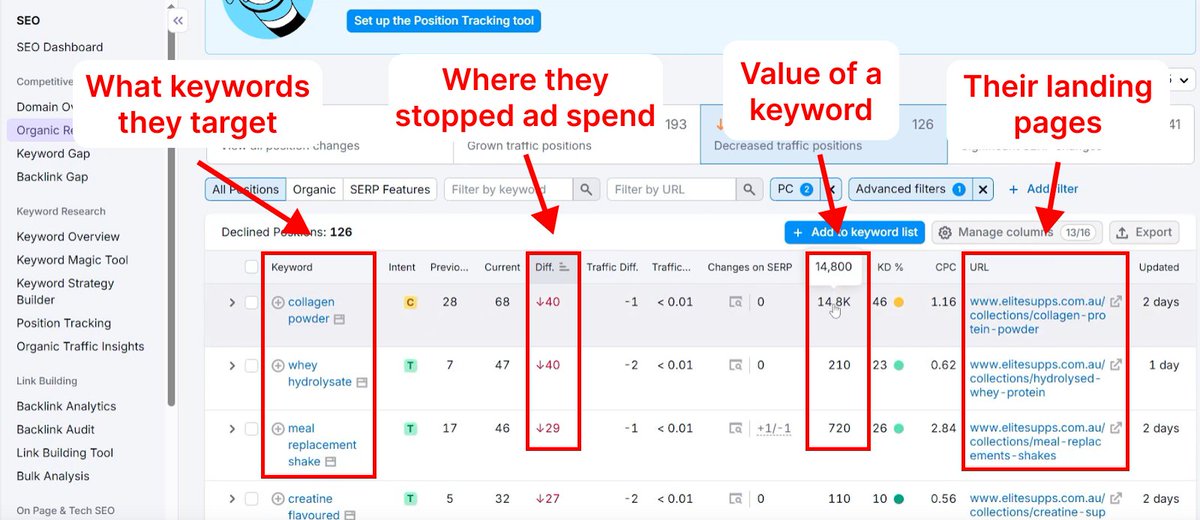
 A few things I’ll cover in this thread:
A few things I’ll cover in this thread: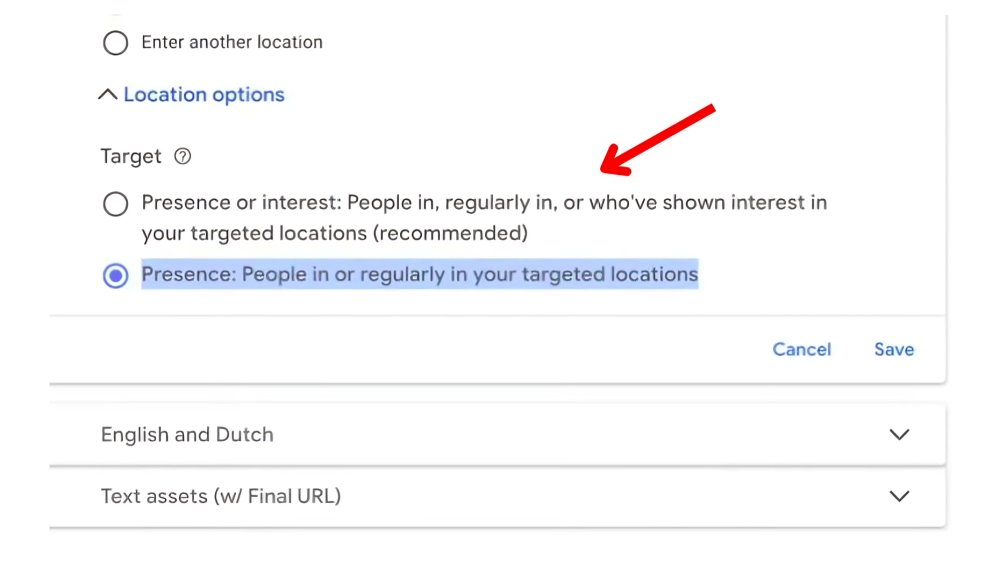
 1. Auto-apply Recommendations
1. Auto-apply Recommendations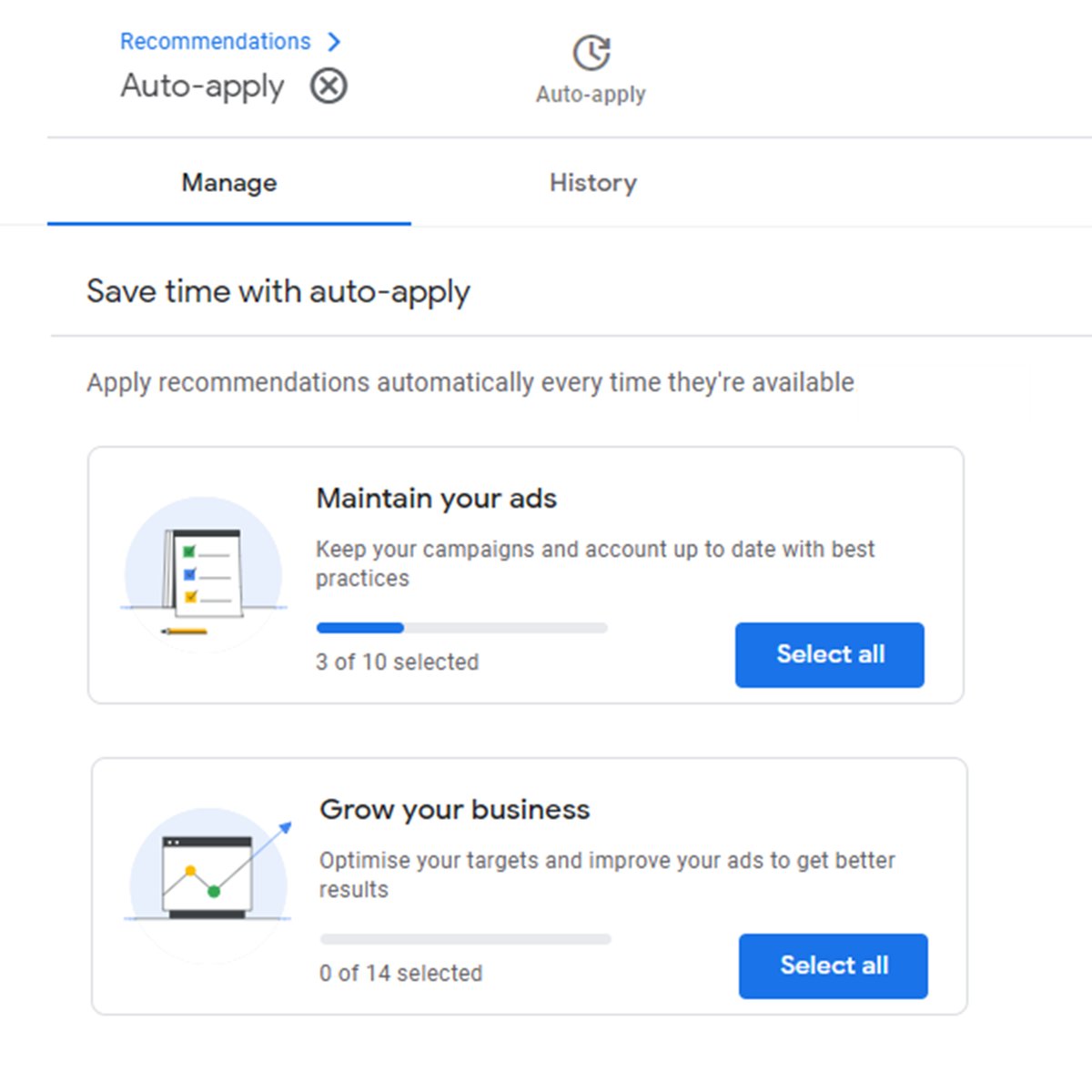
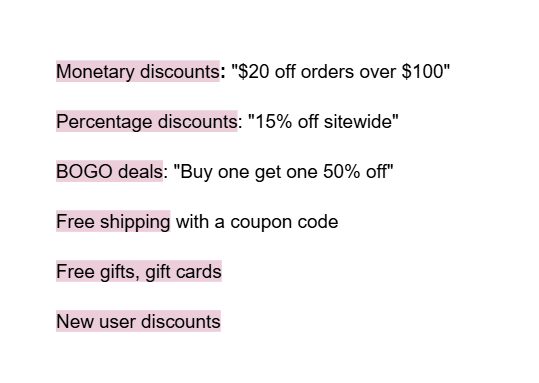
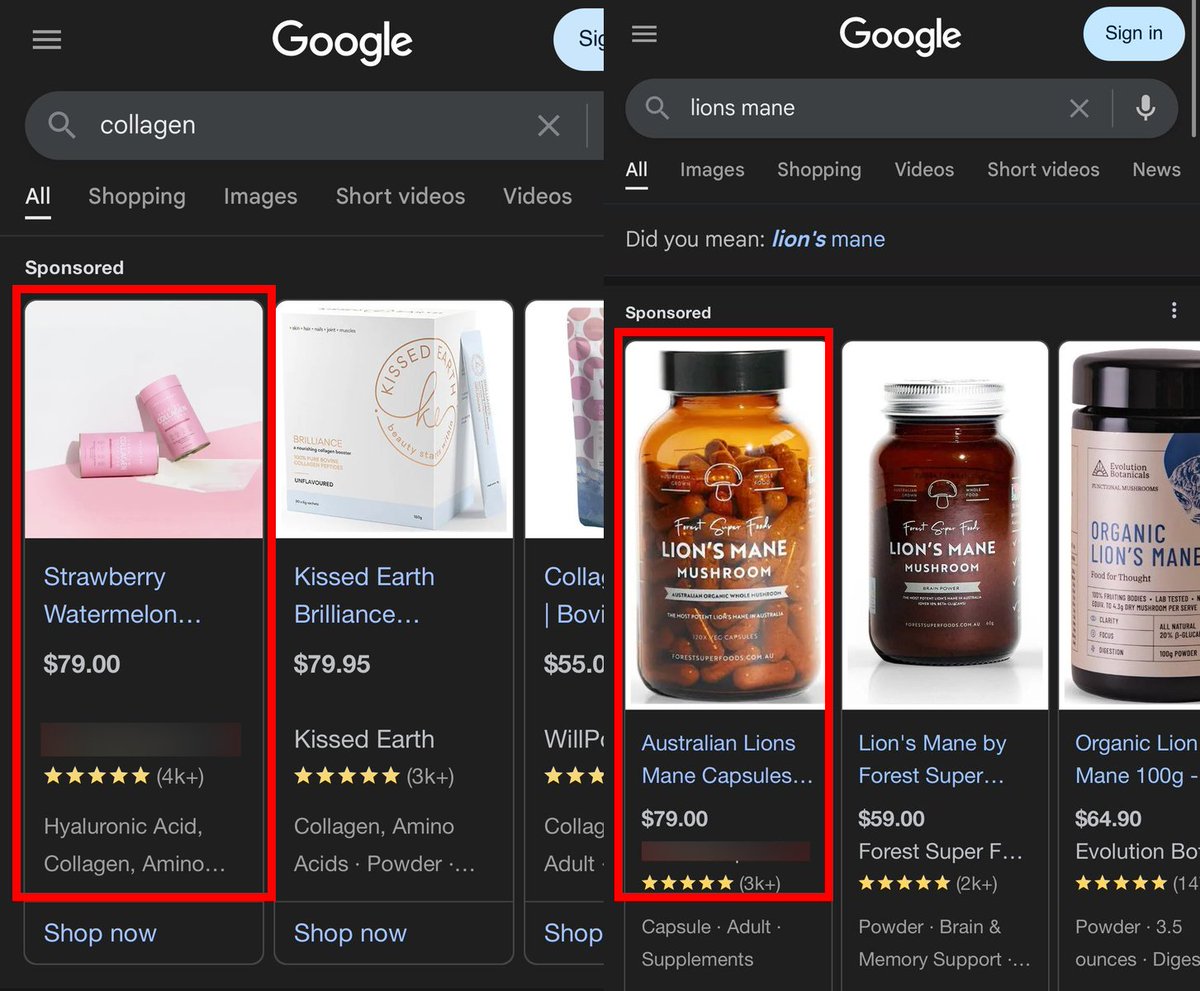
 Getting the #1 spot isn’t just about throwing money at the auction.
Getting the #1 spot isn’t just about throwing money at the auction.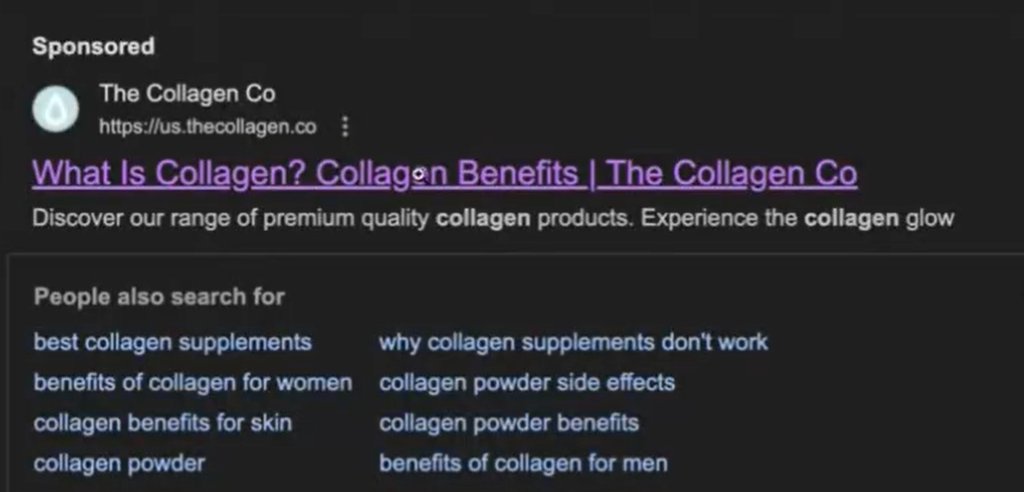
 So what are advertorials?
So what are advertorials?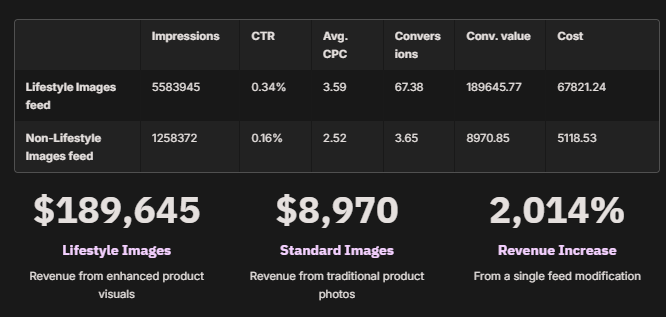

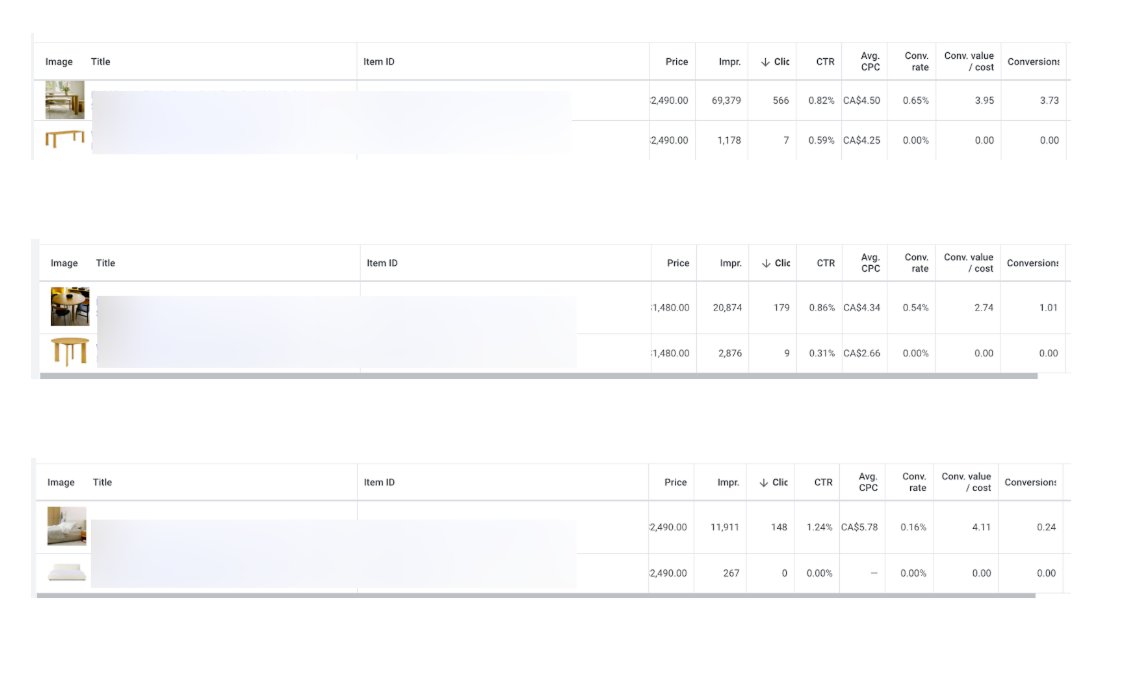
 A while ago, we did a test on 2 different product images for a client.
A while ago, we did a test on 2 different product images for a client.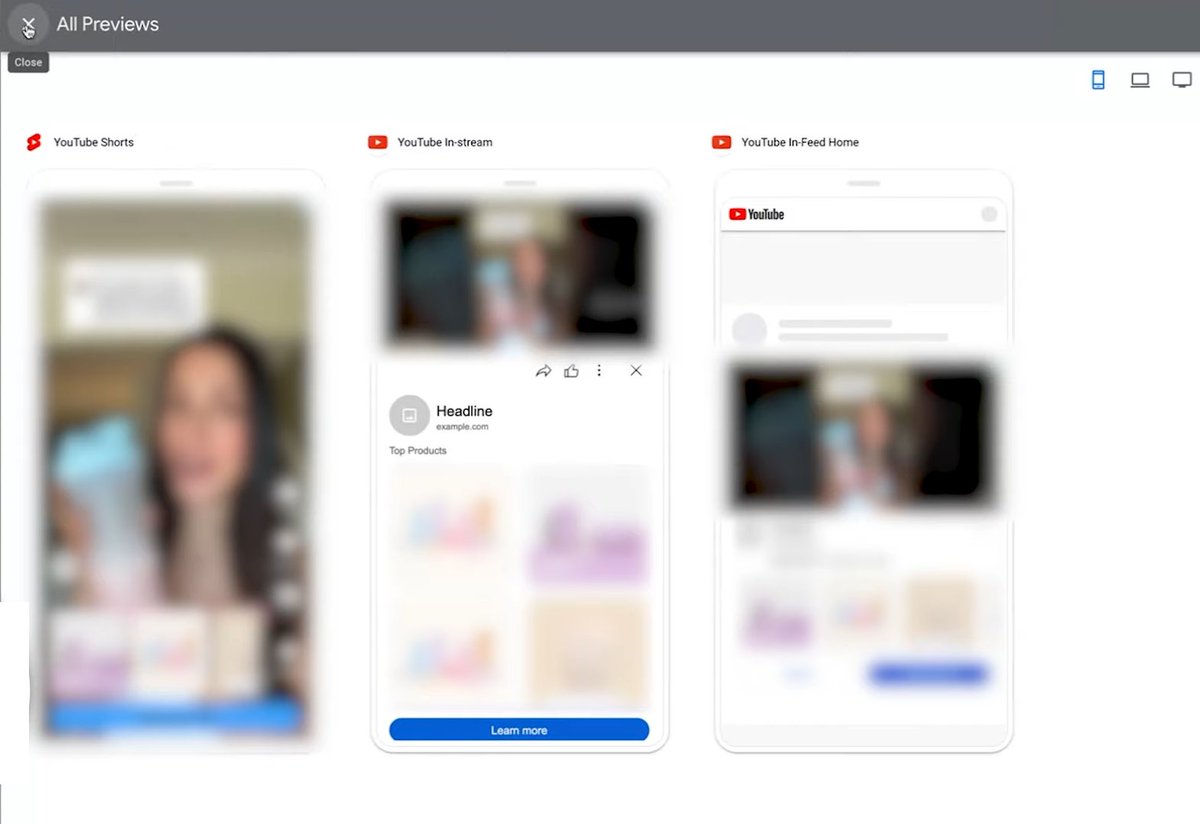
 YouTube is one of our most reliable acquisition channels.
YouTube is one of our most reliable acquisition channels.
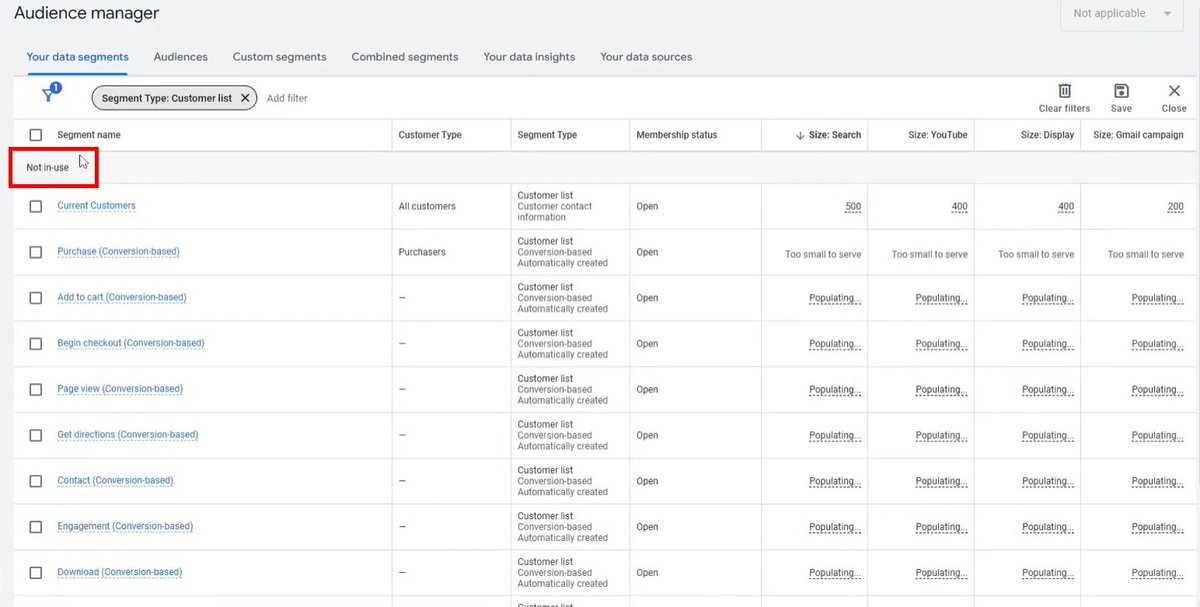
 1. Conversion Tracking
1. Conversion Tracking
 In this thread, I’ll show you:
In this thread, I’ll show you: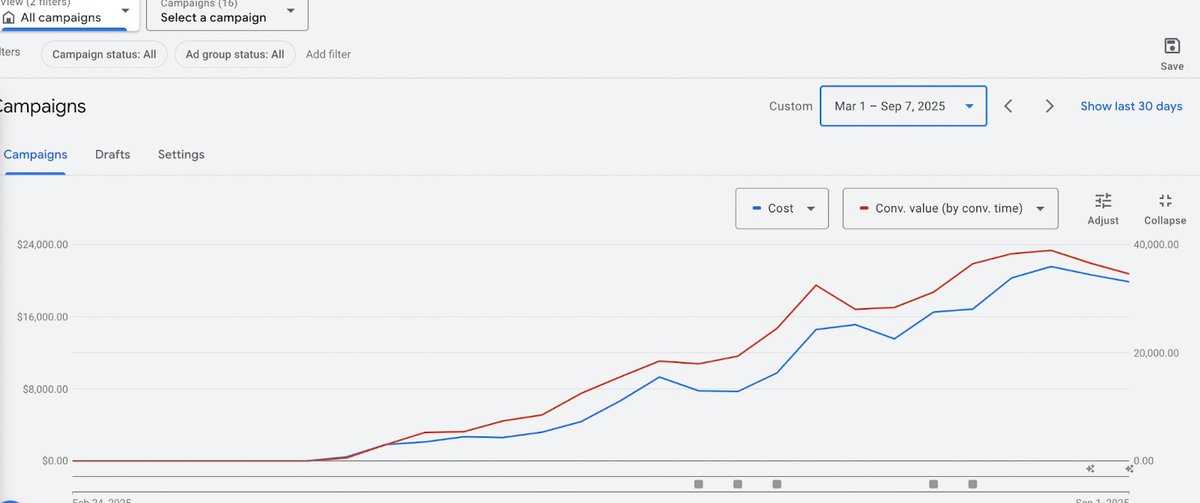
 We've transformed multiple "failing accounts" into $200k+ monthly profit machines.
We've transformed multiple "failing accounts" into $200k+ monthly profit machines.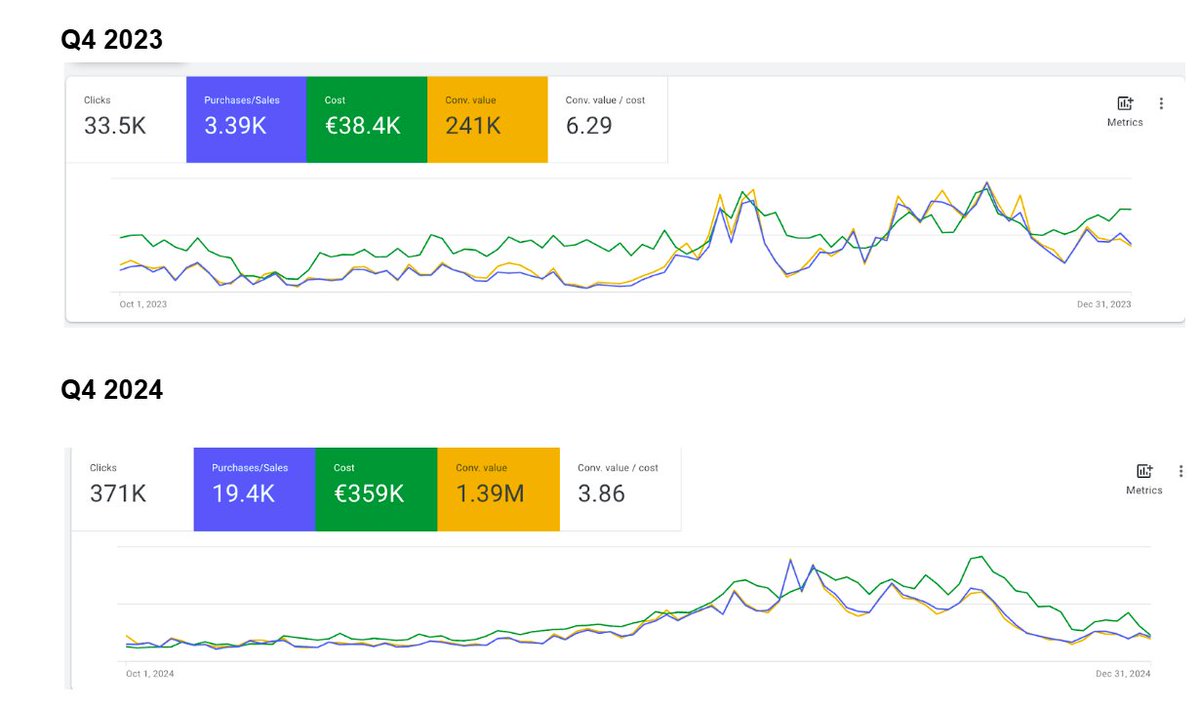
 1. Warm up before the sale
1. Warm up before the sale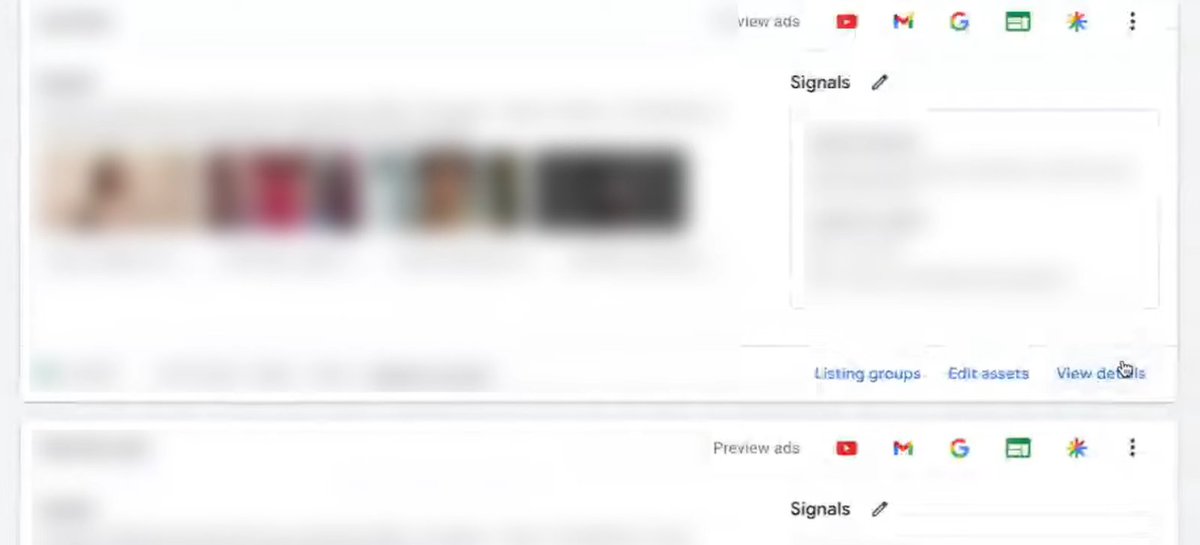
 Last month, we managed over $11M in ad spend across 20+ industries.
Last month, we managed over $11M in ad spend across 20+ industries.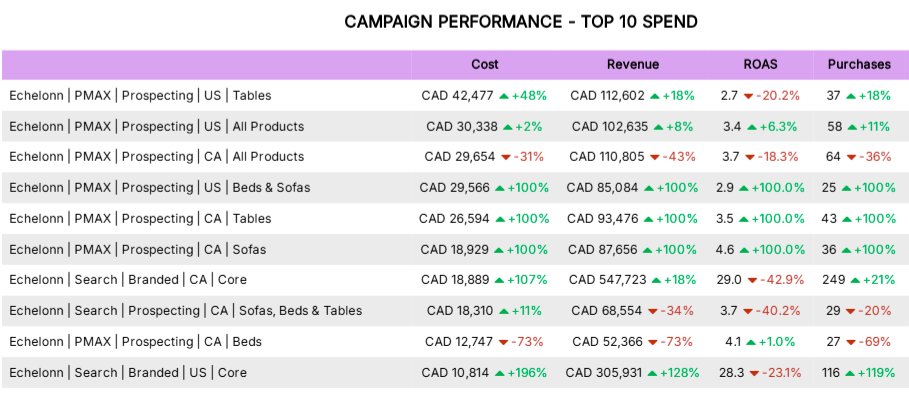
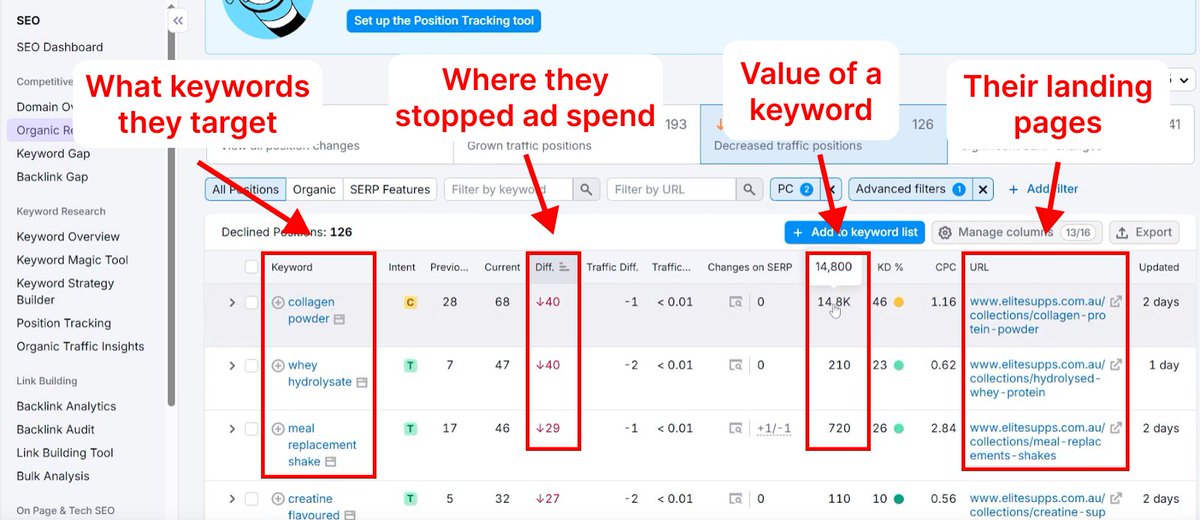
 A few things I’ll cover in this thread:
A few things I’ll cover in this thread:
 Too many brands focus on milking the same buyers for their products.
Too many brands focus on milking the same buyers for their products.